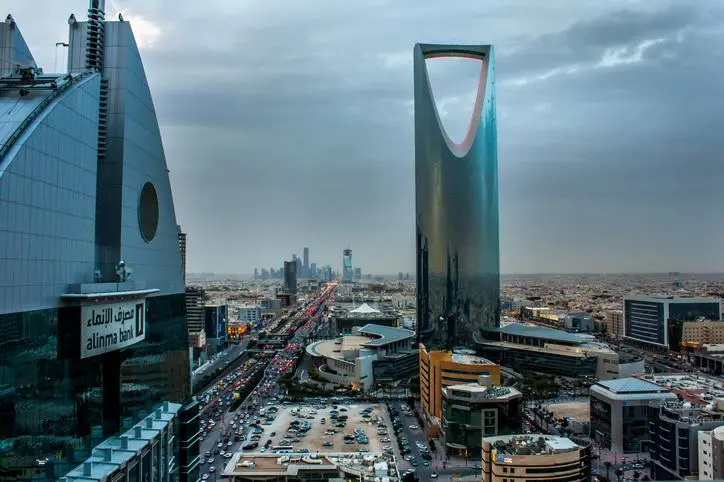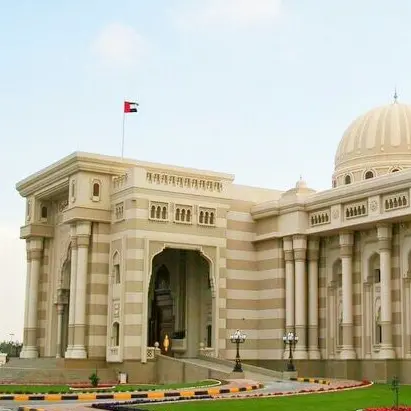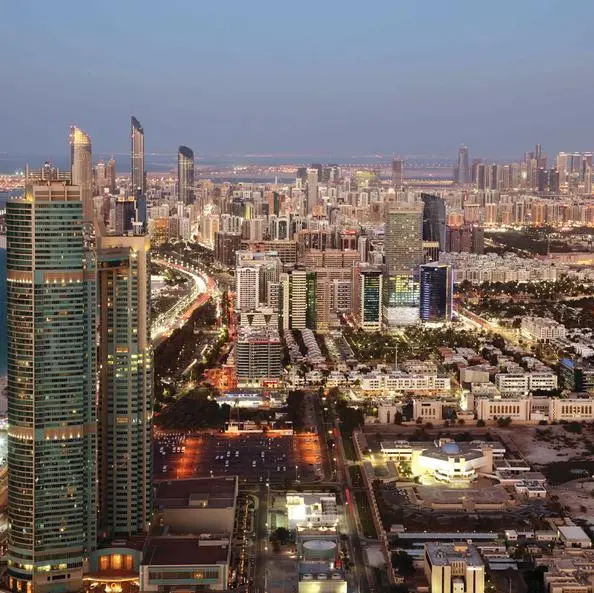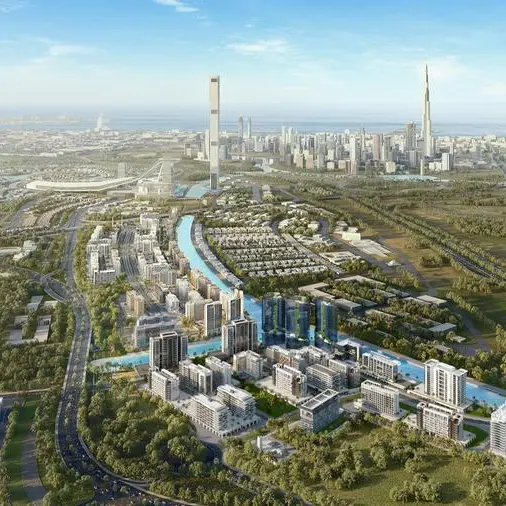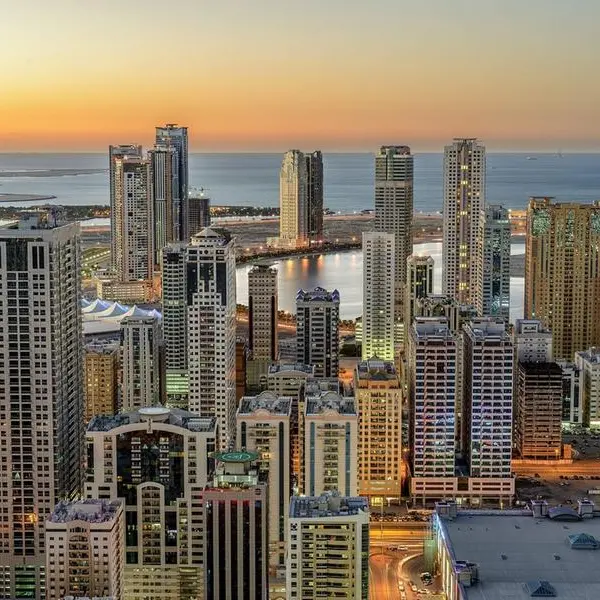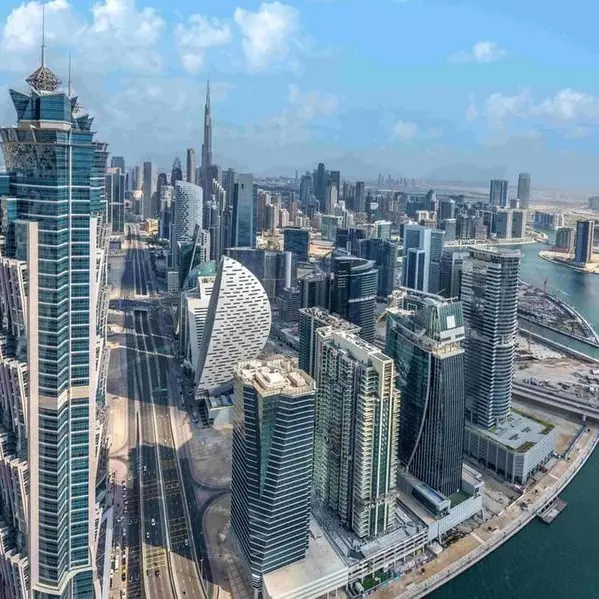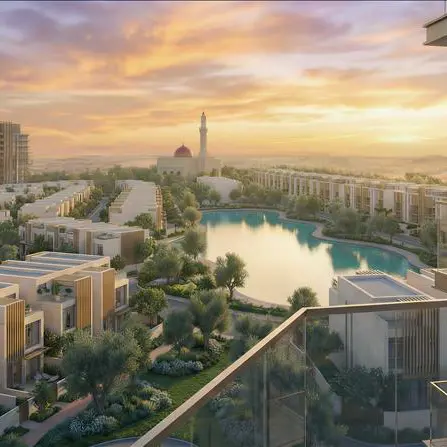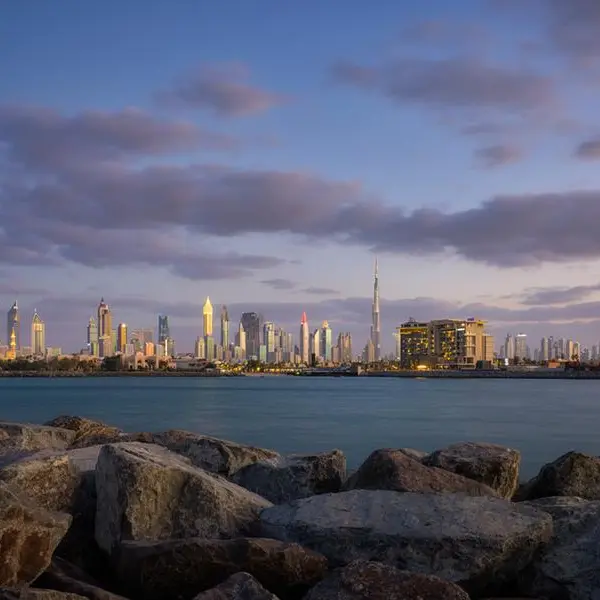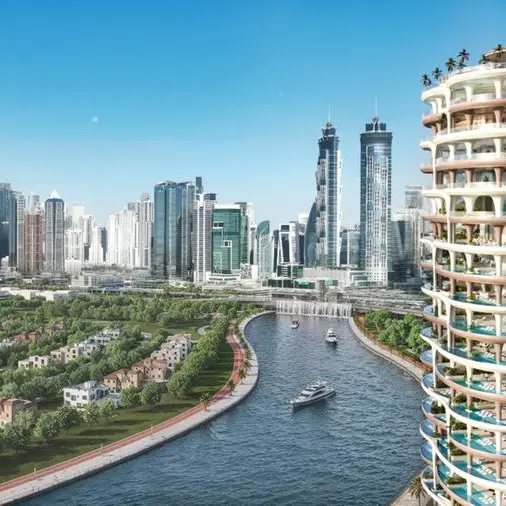PHOTO
More than two years after it was first announced, the deadline of January 1, 2024 for Saudi Arabia’s Project Regional Headquarters (RHQ) is drawing near.
The purpose of this initiative by the Ministry of Investment, Saudi Arabia, (MISA) and the Royal Commission for Riyadh City (RCRC) is to attract companies to the kingdom. However, industry experts have noted that regional hub Dubai will likely be impacted.
Making the move
To comply with the requirements for government contracts of SAR 1 million ($266,667) or more, companies must have an office anywhere in the kingdom, according to MISA.
The number of announcements of firms opening headquarters or expanding their presence in the kingdom has steadily increased: Among the latest is London-based private healthcare and insurance company Bupa, which recently announced a newly expanded office in Riyadh. This office is part of the company’s Bupa Arabia business, while its office in Dubai is part of Bupa Global.
Other major international firms include PwC, which inaugurated its regional headquarters in Riyadh at the end of May, and British “magic circle” law firm Clifford Chance, which announced a joint venture in the kingdom with Abuhimed Alsheikh Alhagbani Law Firm (AS&H) in March.
Bloomberg reported in April that Huawei is looking to move its Middle East HQ from the UAE to the kingdom, but the Chinese tech giant has not confirmed the move.
A spokesman said, “Huawei has and will always abide by all applicable laws and regulations in the countries and regions we operate in and is committed to contributing to the digital transformation in the region and providing customers with high-quality products and services.”
MBC Group moved its headquarters to the kingdom from the UAE last year, and Hewlett Packard launched its Middle East organisation with a headquarters in Riyadh in February, Arab News and Construction Business News reports said.
“Not enough stock”
Regarding readiness to accommodate the influx of companies, Taimur Khan, Head of Research at commercial real-estate and investment firm CBRE, said, “Of the new stock that is scheduled to be delivered, such as that in the financial district or in other new commercial oriented-development areas, we are finding that a large portion of this stock has been pre-leased already.”
“There isn’t enough stock coming along quickly enough, so if new occupiers were to enter the market, there would not be sufficient stock available for them right now,” he added, noting as well that affordability has already become a challenge in the local market.
“The delivery of projects in the coming years, particularly in the capital, will be a good indication of how quickly the infrastructure and the built environment can come online to support the government’s ambitions,” he said.
The issue is not limited to offices, as firms entering the kingdom need significantly more in terms of infrastructure, whether they’re establishing a new headquarters or increasing their local head count, he said. “They need schools and housing and other infrastructure in place too, which the government is looking to provide, but this takes time.”
Other factors, including local requirements to employ a percentage of Saudi nationals, or ‘Saudisation’, will also have an impact on the presence of foreign companies in the kingdom, Khan observed, but he says it will not be a case of “one or the other”, Dubai versus Riyadh, for businesses operating in the GCC.
“The reality is, firms and people will have to have a presence in both countries, and it’s great for the region if that’s the case,” he said.
Complementary hubs
Faisal Durrani, Partner and Head of Middle East Research at Knight Frank, agrees. “In the Middle East North Africa South Asia (MENASA) region, we have only one global hub city, and that is Dubai.
“The region is big enough to accommodate a second hub, be it Riyadh, Jeddah or NEOM, or any other Saudi city. My view is that hub cities often complement one another rather than compete.”
“What’s interesting is that usually these cities are within about an hour’s flight time from each other and, also, one of the signs that they’re complementing one another is that they are often each other’s top destinations from their airport. Charles de Galle is Heathrow’s number one destination and vice versa. And guess what? That is already the case between Dubai and Riyadh,” he added.
Al Arabiya reported a sixfold increase in non-Saudis signing up for the country’s social insurance scheme, which is mandatory for most employees, to 1.183 million in the third quarter of 2022, up from less than 200,000 in the second quarter.
Noting that occupancy for grade A office space has reached 97%–98%, Durrani said that “there simply isn’t enough office space to accommodate the volume of demand that we are seeing at the moment.”
Jeddah, the Saudi Red Sea gateway with a population of 3.5 million, compared to Riyadh’s 7.6 million, is a likely contender as another hub, he said.
Amjad Saif, Associate Director and Head of Corporate Services Saudi Arabia, Savills, said he has seen brisk business from tech firms, management consulting firms, financial institutions and insurance companies looking to relocate to meet the January 2024 deadline.
A particular focus is the King Abdullah Financial District (KAFD), a commercial development of more than 3 million sq.m. that has been under construction since 2006.
Of its 39 office towers, 25 are fully leased or committed to tenants, Saif said. “Those that are not already occupied will be ready for handover either in six months, in time for the 2024 deadline, or in two years, and the majority have MOI or MOU agreements in place for leasing.”
He noted that the majority of these buildings are, therefore, off-market for the time being, being either leased with executed agreements with both parties or close to finalisation.
Saif said that smaller office spaces are in short supply now, with no availability in the district for office spaces of 100 sq.m. or below as far as he is aware. However, those looking to take larger offices, from 300 sq.m. up to a full floor and above can currently be accommodated.
MISA has stated that compliance with the RHQ programme does not require businesses to necessarily focus on Riyadh; they may locate their office anywhere in the kingdom. It remains to be seen, therefore, which city will be Saudi Arabia’s next hub after Riyadh.
“Saudi Arabia’s mega and giga projects, incorporating residential, commercial, retail and entertainment real estate, represent some of the most ambitious developments under construction around the world today,” a spokesman said.
(Reporting by Imogen Lillywhite; editing by Seban Scaria)
